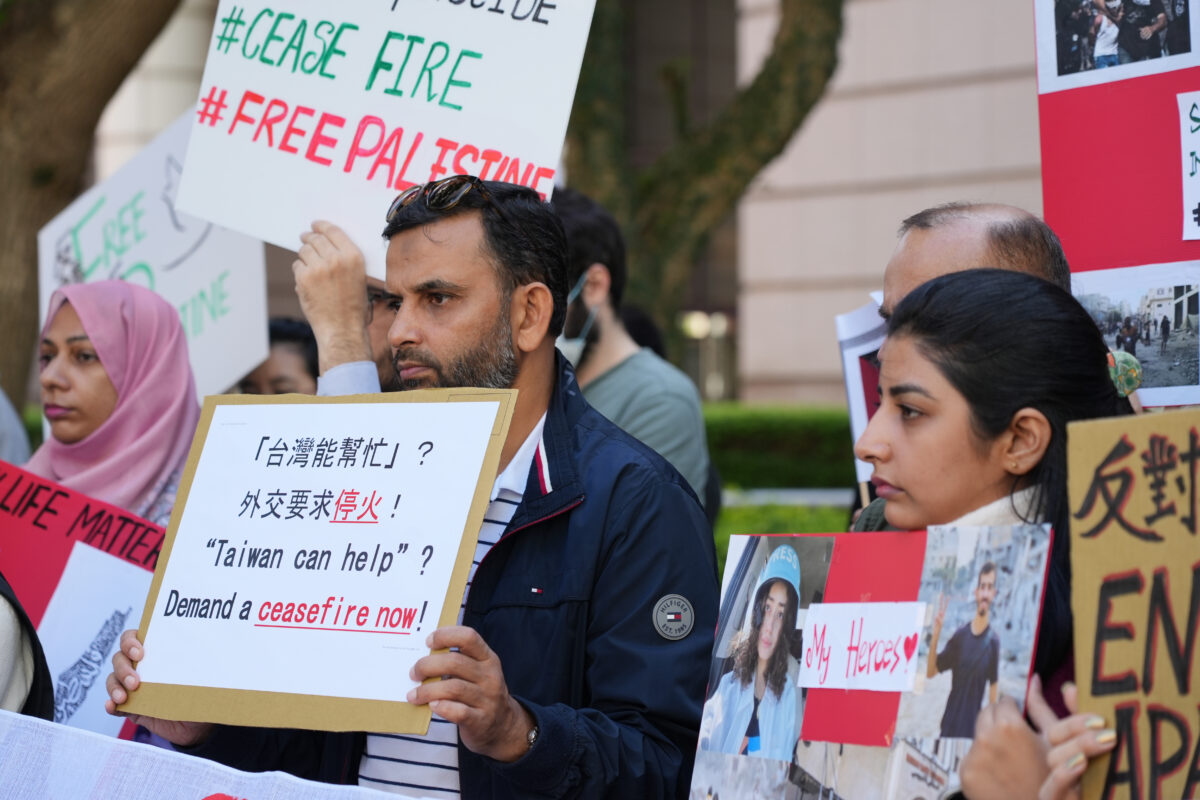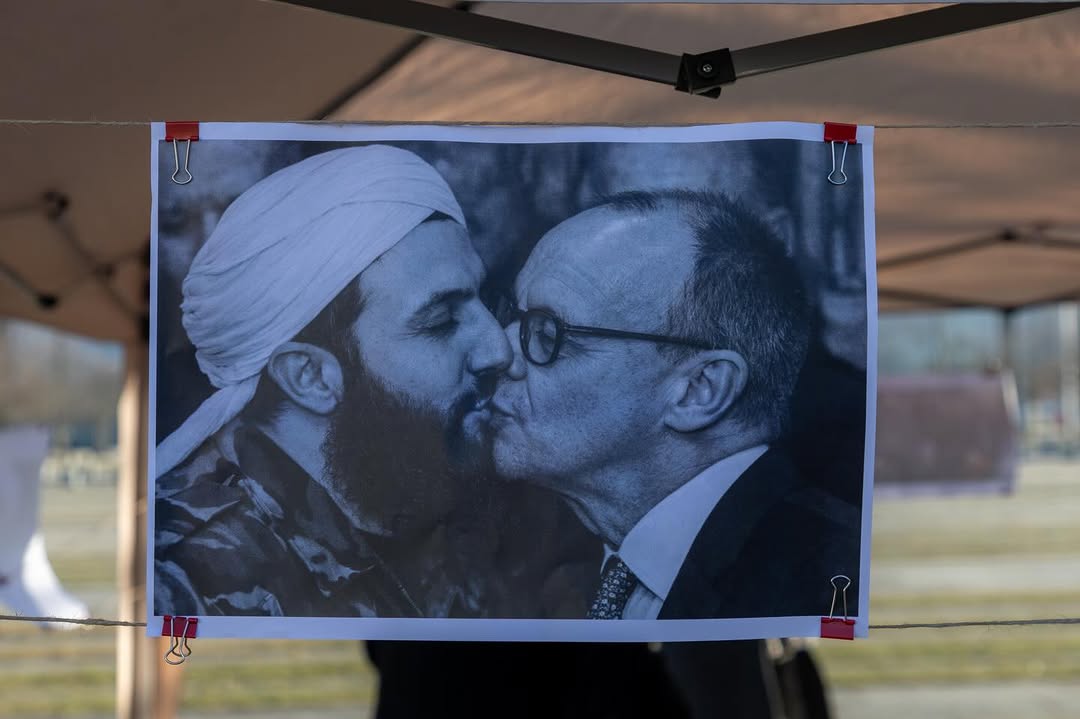My friends often tell me they admire my compassion and empathy for Palestinians. But I often wonder—how could one not feel for them? Observing their responses to my opinions, I realized that we see the world through different lenses, and I cannot blame them for that.
I was born and raised in Taiwan, a country that has experienced over a century of foreign domination and authoritarian rule. In 1895, following the First Sino-Japanese War, the Qing dynasty ceded Taiwan to Japan under the Treaty of Shimonoseki. Japan ruled Taiwan until 1945, introducing modernization efforts such as infrastructure development and education systems. However, these advancements came with cultural suppression and exploitation, including forced assimilation policies and economic control [Cultural assimilation under Japanese rule – Roy, Denny. Taiwan: A Political History, Cornell University Press, 2003].
After Japan’s defeat in World War II, the Republic of China (ROC) assumed control of Taiwan. The Kuomintang (KMT), led by Chiang Kai-shek, retreated to Taiwan after losing the Chinese Civil War. Initially seen as liberators, the KMT soon imposed authoritarian rule. In 1947, the 228 Incident occurred when government forces violently suppressed civilian protests, resulting in the deaths of an estimated 18,000 to 28,000 people.
Following this, Taiwan entered the “White Terror” period, lasting from 1949 to 1992. During this time, the KMT government enforced martial law, suppressing political dissent through imprisonment, torture, and executions. Estimates suggest that at least 3,000 to 4,000 people were executed, and over 140,000 were imprisoned.
Even today, Taiwan faces international challenges, notably from the People’s Republic of China, which seeks to limit Taiwan’s participation in global organizations.
Because of this history, we have fought tirelessly for our freedom of speech, human rights, and recognition from the world—just as Palestinians do today. That is why I feel such a deep connection to their struggle.
Some of my European friends do not seem to share the same level of empathy. I have come to understand that their perspective is shaped by history. For the past 500 years, many European nations expanded their influence through conquest, domination, and colonization, shaping their worldview differently [European colonial legacy – Osterhammel, Jürgen. Colonialism: A Theoretical Overview, Markus Wiener Publishers, 2005]. Growing up, their history books and cultural narratives often centered on power and expansion, rather than the experiences of those who were oppressed. This may explain why it is harder for some to fully grasp the suffering of those who live under occupation and systemic oppression.
When people say that Palestinians do not want peace, it frustrates me deeply. Peace cannot exist unless the oppressed have the same rights as the oppressor. True peace means equality—where Palestinians, like people in Europe or anywhere else, can live freely with full rights, dignity, and security. Until then, we cannot say that the world is truly at peace.




